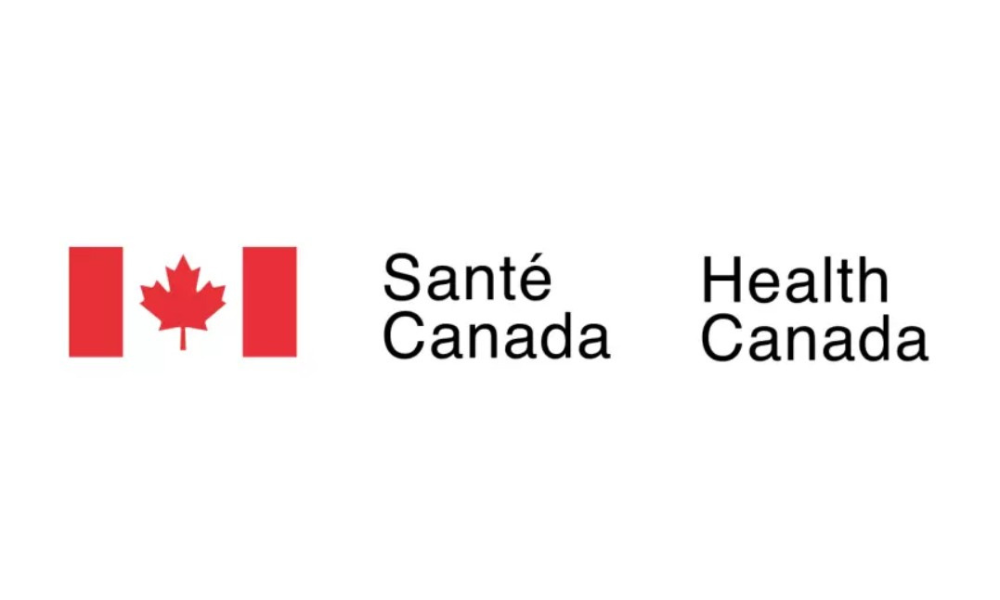(Reuters) — A Canadian National Railway train carrying crude oil and propane derailed and caught fire after the emergency brakes were activated, the Transportation Safety Board (TSB) of Canada said.
TSB spokesman John Cottreau said the derailment late on Jan. 7 included propane tankers, crude tankers, a locomotive and hopper cars, but said it was not clear whether the cars were full at the time of the crash.
The derailment occurred in northwest New Brunswick, the latest in a string of train accidents that have put the surging crude-by-rail business under scrutiny.
Forty-five nearby homes were evacuated after the accident at around 7 p.m., but no one was injured, local officials said.
Cottreau said the derailment was caused by an "undesired brake application" — a term used describe the application of emergency brakes in response to a problem.
"As soon as the connection between two cars is separated, is broken, trains go into emergency braking," he said, adding the agency didn't yet know why it happened in this case.
CN spokesman Mark Hallman said that reports indicated the ensuing fire had diminished considerably from last night.
The company's dangerous goods specialists had approached the site early on Jan. 8, but had not yet determined which cars were on fire, he said.
CN chief executive Claude Mongeau told a news conference that 17 cars derailed, five carrying crude and four carrying propane.
The government of New Brunswick issued an air quality advisory east of the derailment and asked residents to take precautions.
Broadcaster CBC reached Tim Corbin, fire chief of nearby Plaster Rock, N.B., before sunrise.
"The biggest concern is the propane cars," Corbin told the CBC. "That's our biggest concern because if they happen to explode, we're looking at major damage."
CN said the train originated from Toronto and was headed to Moncton, N.B., about 300 kilometres east of the site of the accident. The cars were headed to a number of destinations in Atlantic Canada.
TSB spokesman John Cottreau said the derailment late on Jan. 7 included propane tankers, crude tankers, a locomotive and hopper cars, but said it was not clear whether the cars were full at the time of the crash.
The derailment occurred in northwest New Brunswick, the latest in a string of train accidents that have put the surging crude-by-rail business under scrutiny.
Forty-five nearby homes were evacuated after the accident at around 7 p.m., but no one was injured, local officials said.
Cottreau said the derailment was caused by an "undesired brake application" — a term used describe the application of emergency brakes in response to a problem.
"As soon as the connection between two cars is separated, is broken, trains go into emergency braking," he said, adding the agency didn't yet know why it happened in this case.
CN spokesman Mark Hallman said that reports indicated the ensuing fire had diminished considerably from last night.
The company's dangerous goods specialists had approached the site early on Jan. 8, but had not yet determined which cars were on fire, he said.
CN chief executive Claude Mongeau told a news conference that 17 cars derailed, five carrying crude and four carrying propane.
The government of New Brunswick issued an air quality advisory east of the derailment and asked residents to take precautions.
Broadcaster CBC reached Tim Corbin, fire chief of nearby Plaster Rock, N.B., before sunrise.
"The biggest concern is the propane cars," Corbin told the CBC. "That's our biggest concern because if they happen to explode, we're looking at major damage."
CN said the train originated from Toronto and was headed to Moncton, N.B., about 300 kilometres east of the site of the accident. The cars were headed to a number of destinations in Atlantic Canada.





